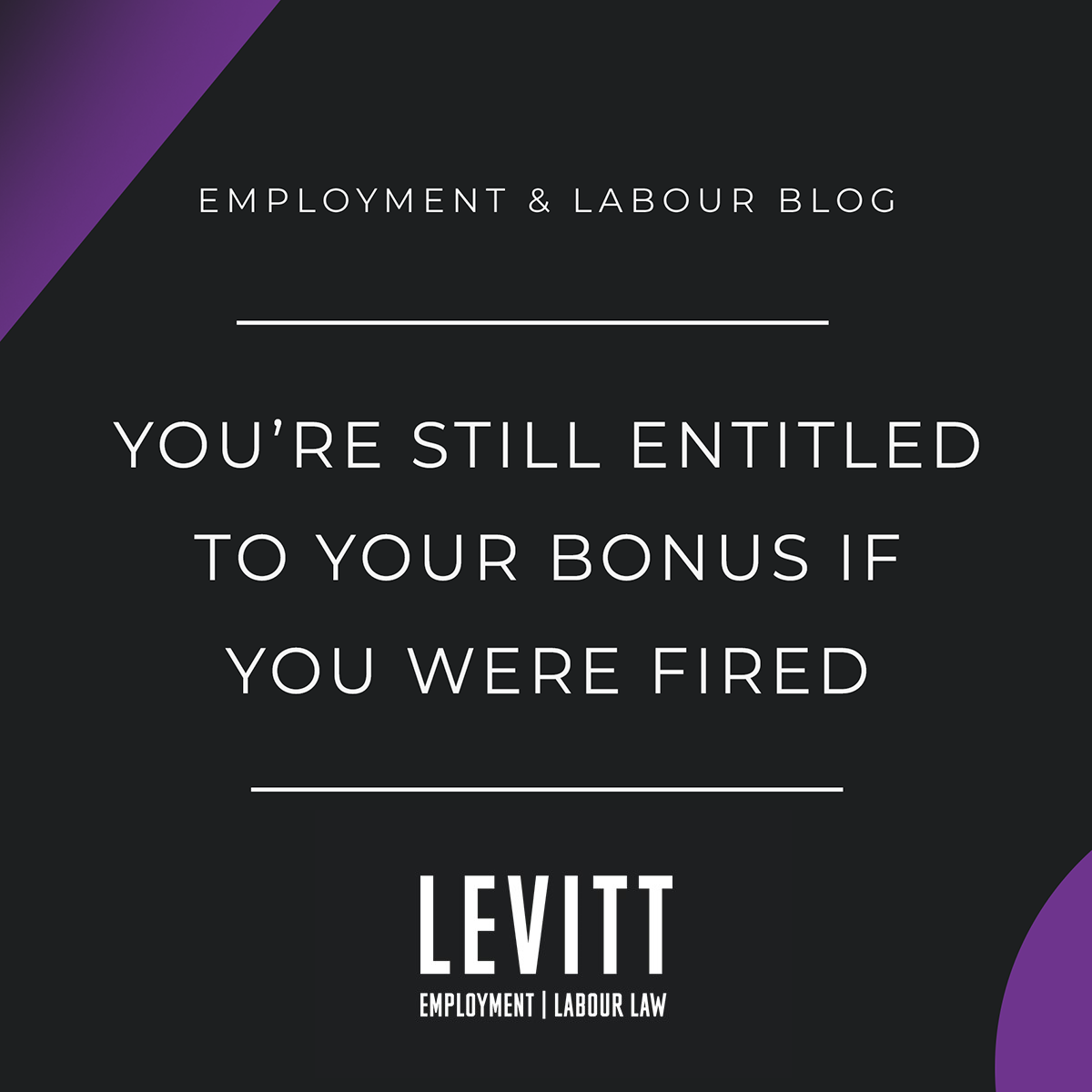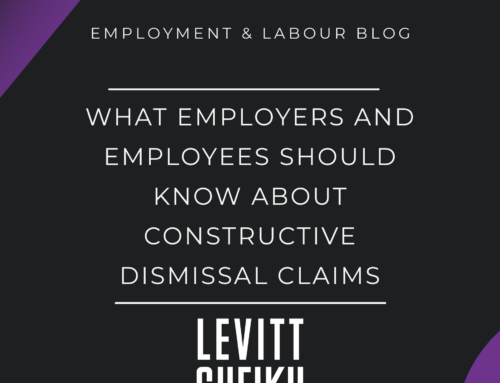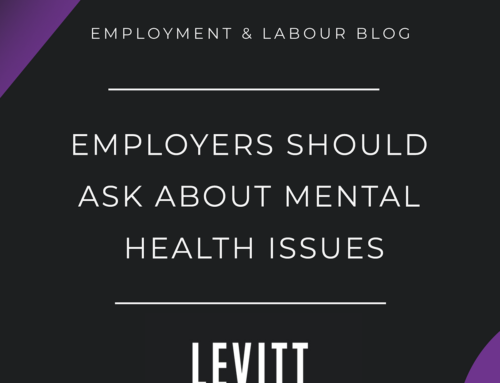Were you fired for no reason in Ontario? Here’s what you need to know.
Were you fired for no reason in Ontario and not sure where to start on your rights? If so, you’ve come to the right place!
First and foremost, you are still entitled to receive your bonus. The Supreme Court of Canada recently handed down a decision on a case that stated even if the employment contract restricts employee benefits after being fired– such as bonuses or stock options — these clauses can be unenforceable.
The Supreme Court’s decision in Matthews v. Ocean Nutrition Canada Ltd. stated that there is an assumption that any employee is entitled to everything they would have normally been if they had kept working, including bonuses, increased vesting of retirement funds, stock options, and more.
After this Supreme Court decision, many employers are spending quite a bit of time rewriting employment contracts to include new language. According to the Supreme Court and the Financial Post, “[s]imply stating that the person’s entitlements are contingent on their being “actively employed” or even “lawfully employed” [to receive the benefit] is insufficient language to deprive the employee of [it].”
This means that bonuses and other forms of benefits for employees no longer need to be “integral” to the employee’s compensation or part of their salary for the employee to ask to receive it as part of their damages after their firing or dismissal. The issue now is around whether or not the employee would have actually earned it had they continued working during the number of months of severance as awarded by a Canadian court.
As the Supreme Court states, the purpose of dismissal and severance notice is to put the fired employee in the financial and secure position they would have been in had they not been fired. According to the recent Supreme Court decision, the employer/employee relationship will not be taken, read, or treated as being over or terminated until the period of time known as “reasonable notice” (after being fired or let go) expires, which is why bonuses and other employment benefits still apply during this time and can still be paid out and earned.
This decision has huge outcomes: Now, employees are and will be entitled to their bonuses during the notice people, or on a “pro-rata” basis if the bonus has only been partially earned. However, according to the Ontario Court of Appeal in the case of Andros v. Colliers, if there is “very clear exclusionary language,” the employee will not be entitled to a bonus.
Since many employers will now be rewriting their employment contracts, here is some more information to know: If an employee returns back to work, and their new contract is not sufficiently as strong as the previous one, they can, of course, refuse to sign it. If they are fired, it then becomes a wrongful dismissal. In order for a new contract to be enforceable, it must offer the employee something new.






